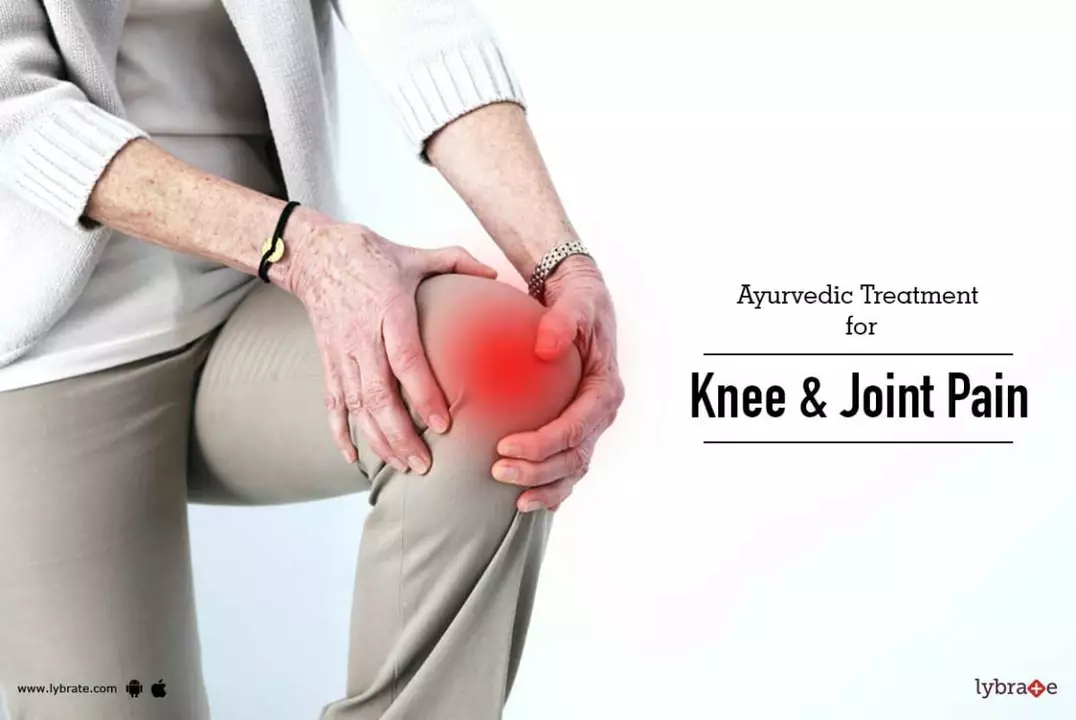Understanding Bone Health and Damage
As we age, our bones become more susceptible to damage and fractures. This is because our bones lose their density and strength, making them more fragile and prone to breaking. In order to maintain strong and healthy bones, it's important to choose the right supplements that can help prevent and treat bone damage. In this article, I'll guide you through the process of selecting the best supplements for your bone health needs.
1. The Role of Calcium in Bone Health
Calcium is an essential mineral for maintaining strong bones. It plays a crucial role in building and maintaining bone density, which helps to prevent fractures and other damages. As we age, our body's ability to absorb calcium from the food we eat declines, making supplementation a necessary component of bone health management. When selecting a calcium supplement, it's important to look for one that has a high absorption rate, as this will ensure you're getting the maximum benefit from your supplement.
2. Vitamin D: The Sunshine Vitamin
Vitamin D is another essential nutrient for bone health. It helps the body absorb calcium, which is crucial for maintaining strong bones. Our bodies can produce Vitamin D naturally when exposed to sunlight, but many people are deficient in this vital nutrient due to limited sun exposure or an inability to absorb it from food sources. To ensure you're getting enough Vitamin D, consider adding a supplement to your daily routine. Look for one that provides at least 600 to 800 IU (International Units) of Vitamin D daily to support optimal bone health.
3. The Importance of Magnesium in Bone Health
Magnesium is another essential mineral that plays a vital role in maintaining strong bones. It helps in the absorption of calcium and is involved in the formation of new bone tissue. A deficiency in magnesium can lead to a decrease in bone density, making it important to include this nutrient in your bone health regimen. When selecting a magnesium supplement, look for one that contains magnesium citrate or magnesium glycinate, as these forms are more easily absorbed by the body.
4. Supporting Bone Health with Vitamin K
Vitamin K is often overlooked when it comes to bone health, but it plays a crucial role in maintaining strong bones. Vitamin K helps the body to properly utilize calcium and is essential for the production of proteins that are involved in bone formation. To ensure you're getting enough Vitamin K, consider adding a supplement that contains both Vitamin K1 and K2, as these are the most effective forms for supporting bone health.
5. Boosting Bone Density with Strontium
Strontium is a trace mineral that has been shown to improve bone density and reduce the risk of fractures. It works by promoting the growth of new bone tissue and slowing down the breakdown of existing bone. Adding a strontium supplement to your bone health regimen can provide an extra layer of protection against bone damage. Look for a supplement that contains strontium citrate, as this form is more easily absorbed by the body.
6. The Benefits of Collagen for Bone Health
Collagen is a protein that makes up a significant portion of our bones. As we age, our body's natural collagen production declines, which can lead to a decrease in bone density and an increased risk of fractures. Supplementing with collagen can help to support bone health by providing the necessary building blocks for new bone tissue. Look for a hydrolyzed collagen supplement, as this form is more easily absorbed by the body.
7. Combining Supplements for Optimal Bone Health
While each of the supplements discussed in this article can be beneficial for bone health on their own, combining them can provide even greater benefits. Look for a comprehensive bone health supplement that contains a blend of the nutrients mentioned above, as this will ensure you're getting the optimal support for strong, healthy bones. Be sure to consult with your healthcare provider before starting any new supplement regimen, especially if you have existing health conditions or are taking medications.


Puspendra Dubey
Ah, the bones, they are the silent architects of our fleeting existence… they hold us up like a crumbling tower in a stormy night :)
When the tide of age rolls in, calcium becomes the lone lighthouse, flickering yet essential, but only if it finds its way into the marrow.
Vitamin D is the sun‑kissed poet that whispers to the calcium, urging it to settle, while magnesium plays the humble scribe, noting each rivet of strength.
Even the overlooked vitamin K, a guardian of the hidden gates, ensures that the calcium doesn’t stray into the wrong corridors.
So, dear reader, choose your supplements as you would choose companions on a long pilgrimage-wisely, passionately, and with a dash of hopeful drama.
🌟